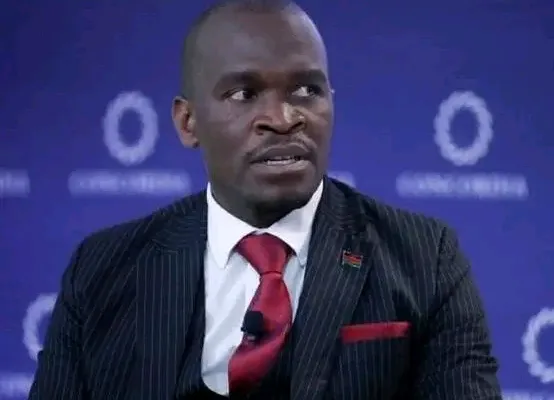
The Malawi Congress Party (MCP) administration is reportedly preparing to push through a contentious new law that could grant President Lazarus Chakwera the authority to appoint Attorney General Thabo Chakaka Nyirenda to the Malawi High Court or Supreme Court of Appeal.
The proposed legislation states, “Notwithstanding section 111 (2), the President may appoint a person holding the office of Attorney General or the office of Solicitor General to be a Judge of the High Court or Justice of Appeal, as the case may be, where such officer – (a) has served in that capacity for not less than two years; and (b) qualifies to be appointed as a Judge or a Justice of Appeal under subsection (1).”
Critics argue that this move could compromise the judiciary’s independence, blurring the lines between the executive and judicial branches and raising concerns about potential political interference in the country’s justice system.
Opposition leaders and legal experts warn that appointing a serving member of the executive branch to a senior judicial role risks undermining the judiciary’s independence. They caution that this could set a dangerous precedent, where political affiliations overshadow merit and impartiality.
Civil society organizations have joined the debate, calling for transparency and public involvement in the process. They stress the importance of safeguarding the judiciary’s neutrality to maintain public trust and ensure justice is free from political influence.
Additionally, some Malawians view it as a test of the country’s democratic values, questioning how the balance of power between the government and judiciary should be maintained. Others worry that such a law might erode confidence in the justice system at a time when public trust is critical.
As the debate unfolds, Malawi faces a pivotal moment in defining the boundaries of governance and protecting the principles of fairness, impartiality, and justice. Whether the proposal moves forward or is revised, its outcome will likely have lasting implications for the nation’s democratic framework.














